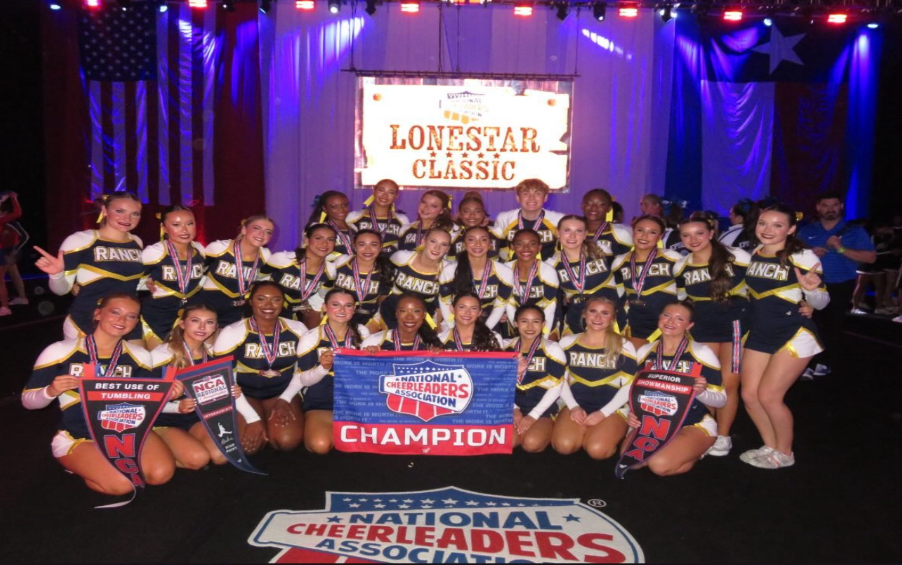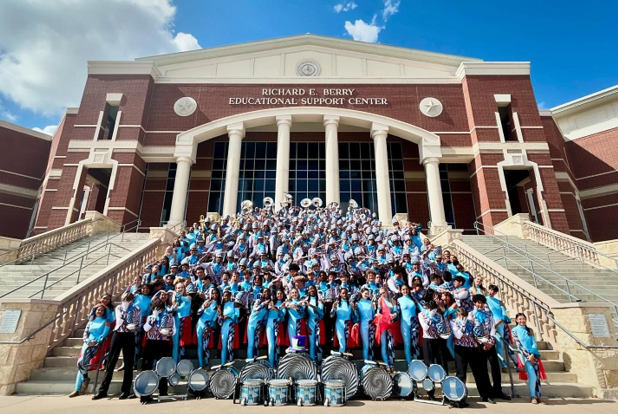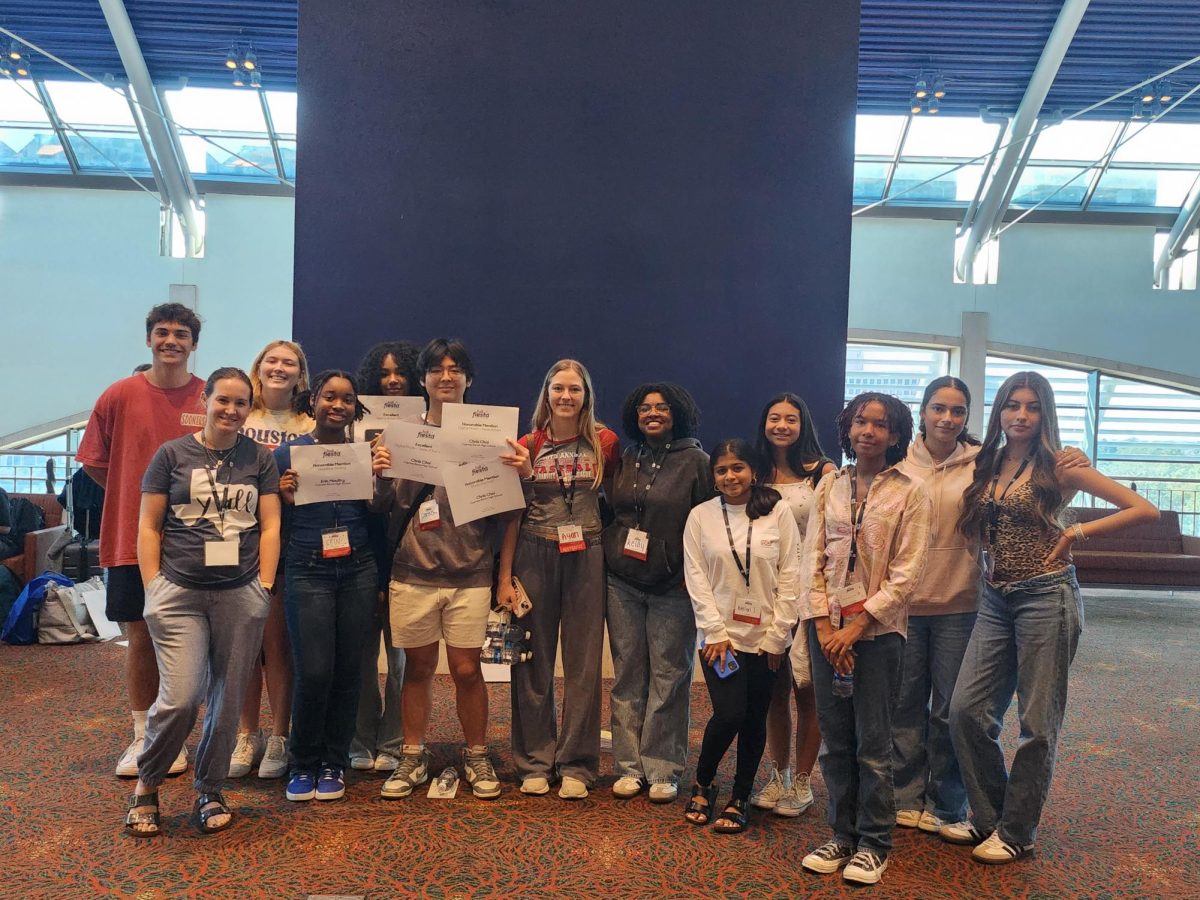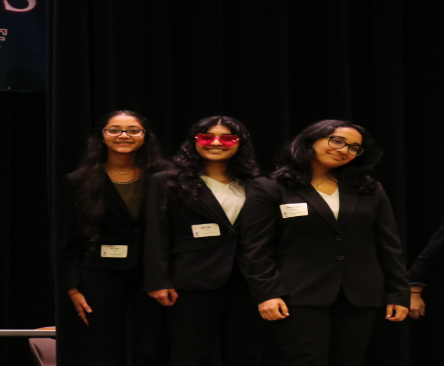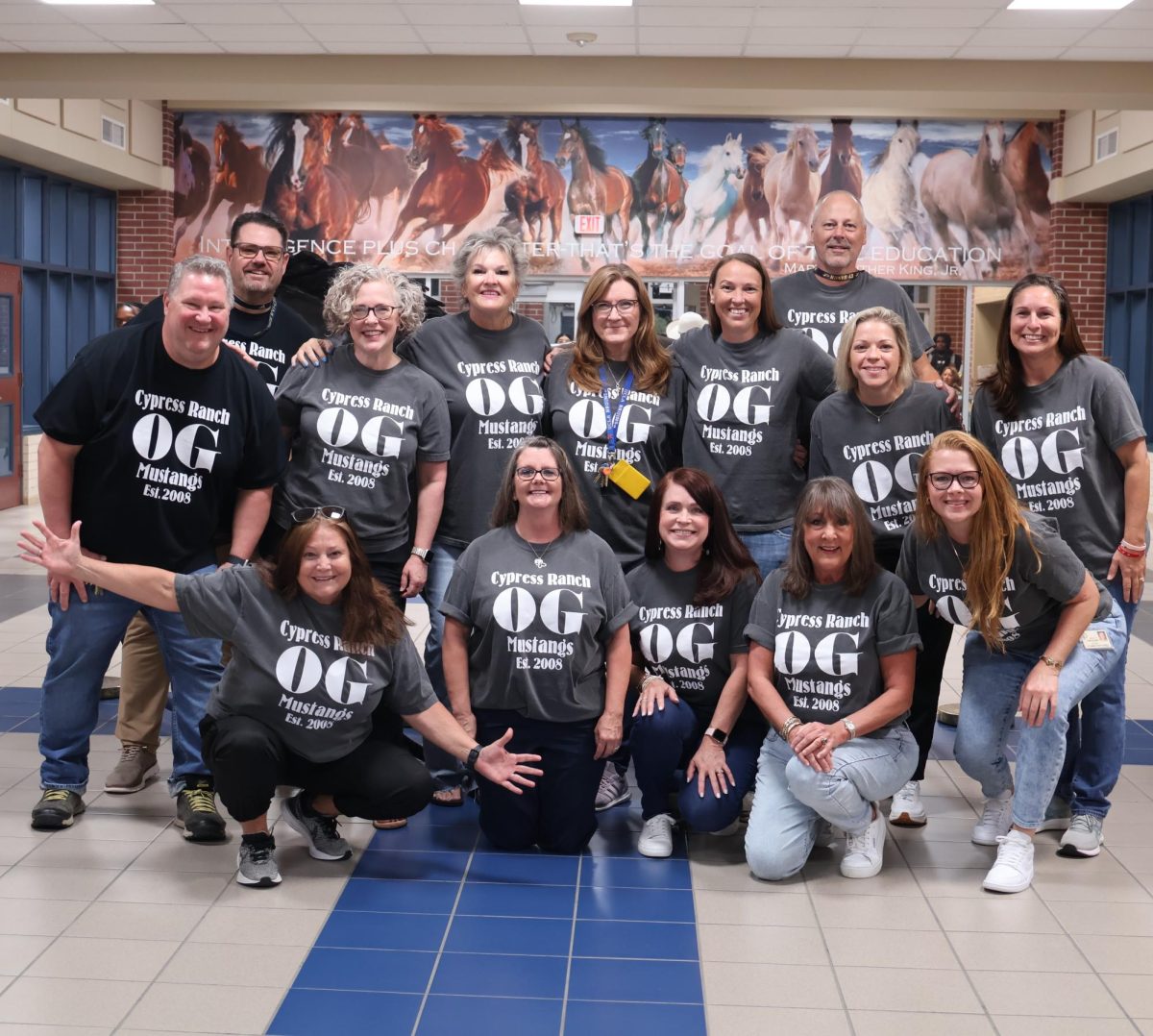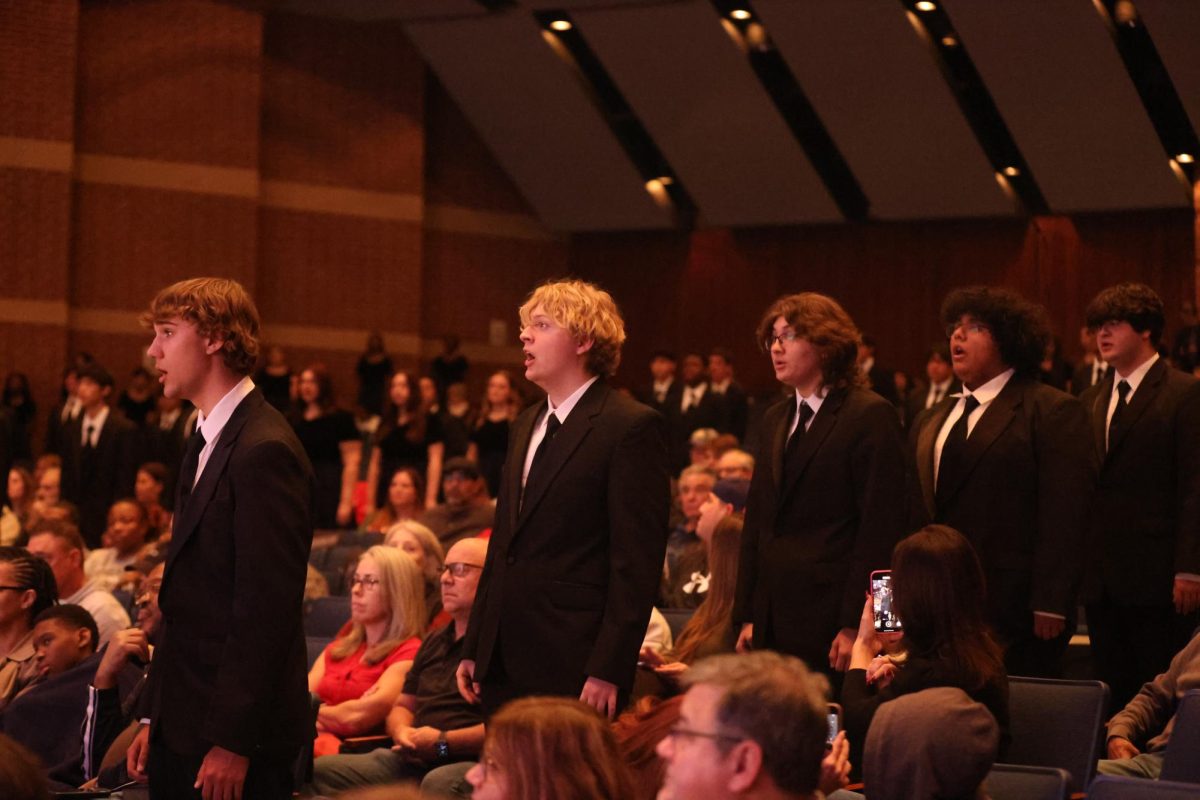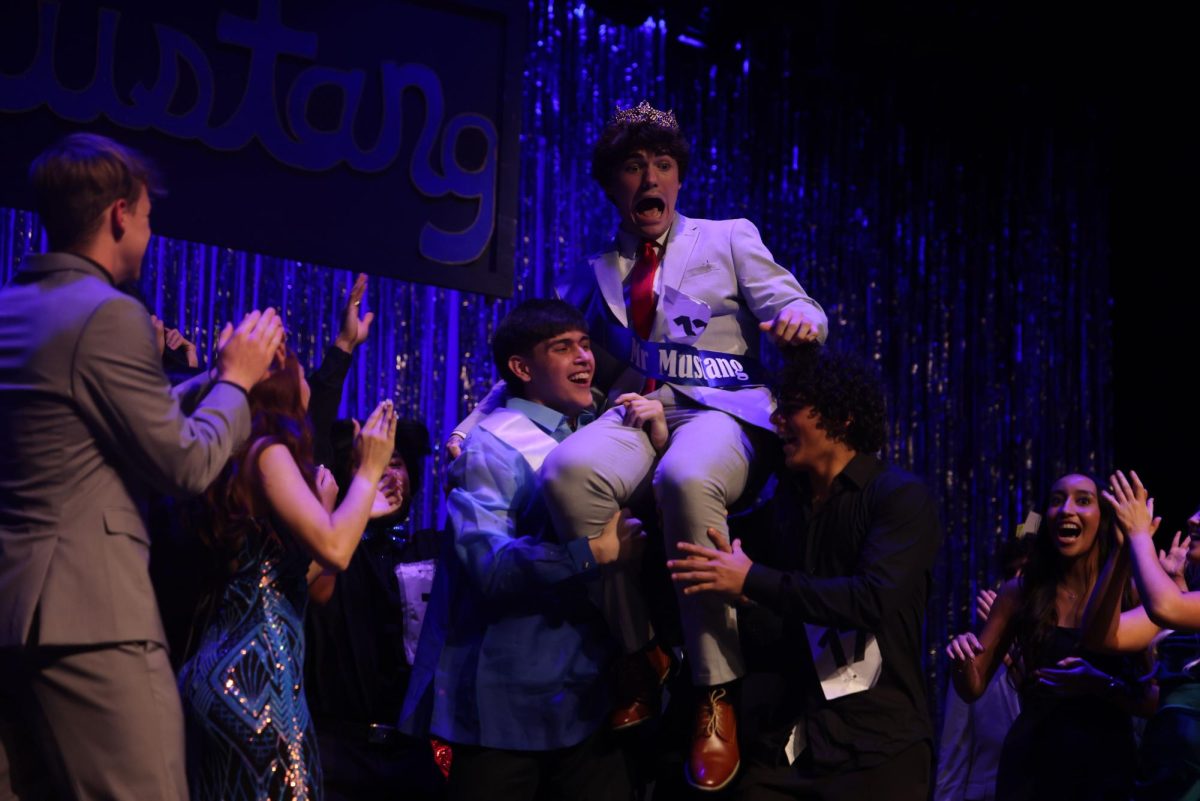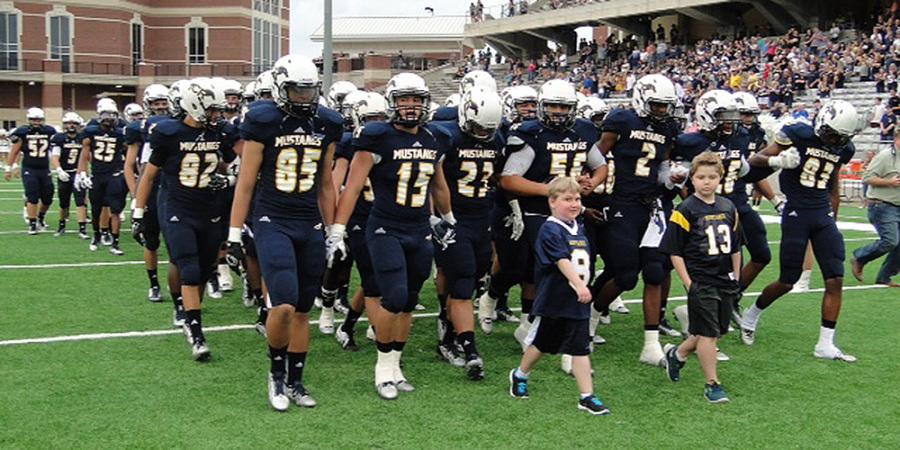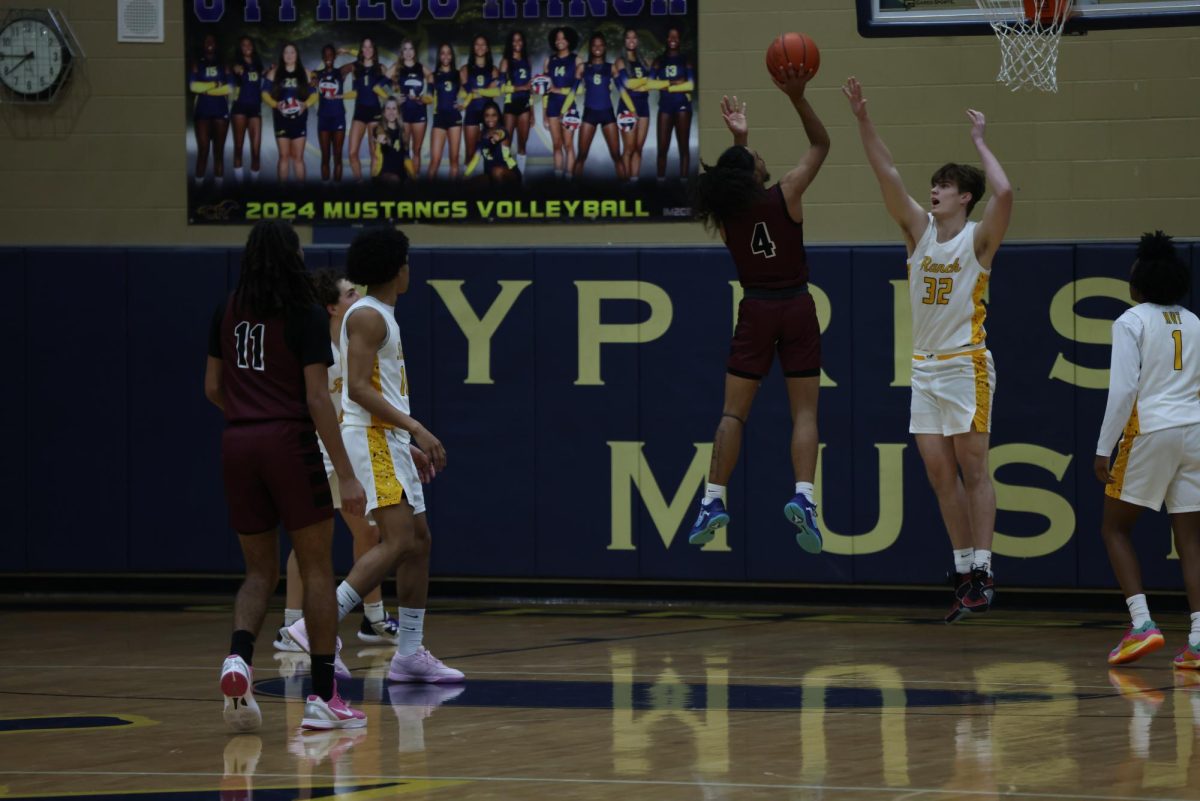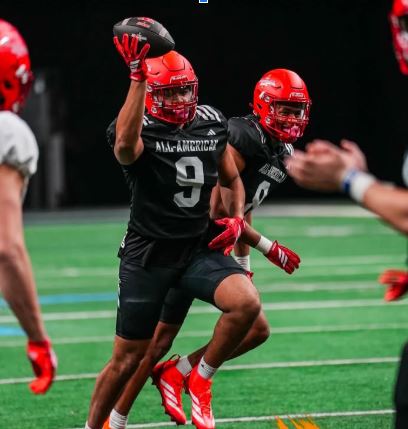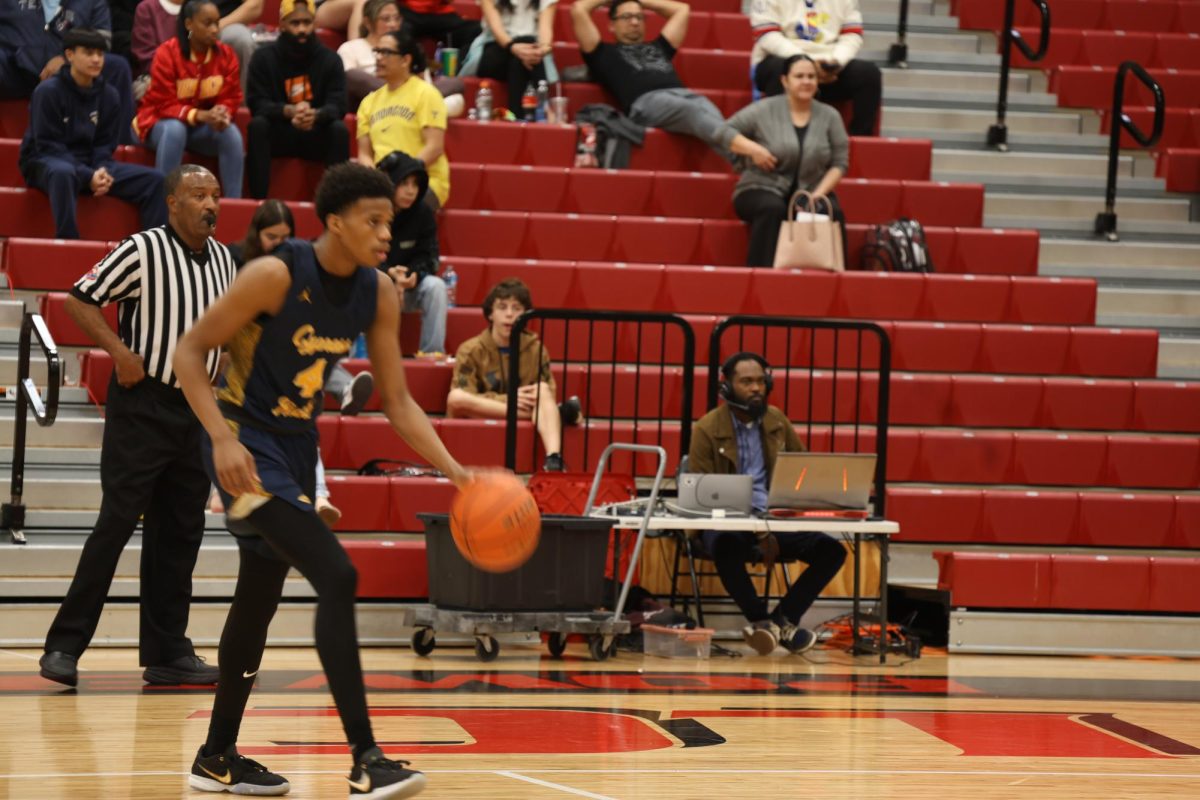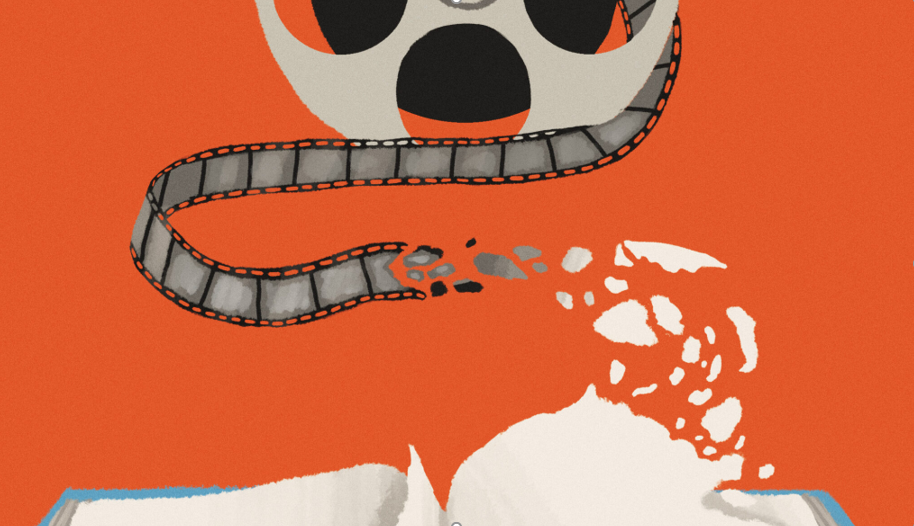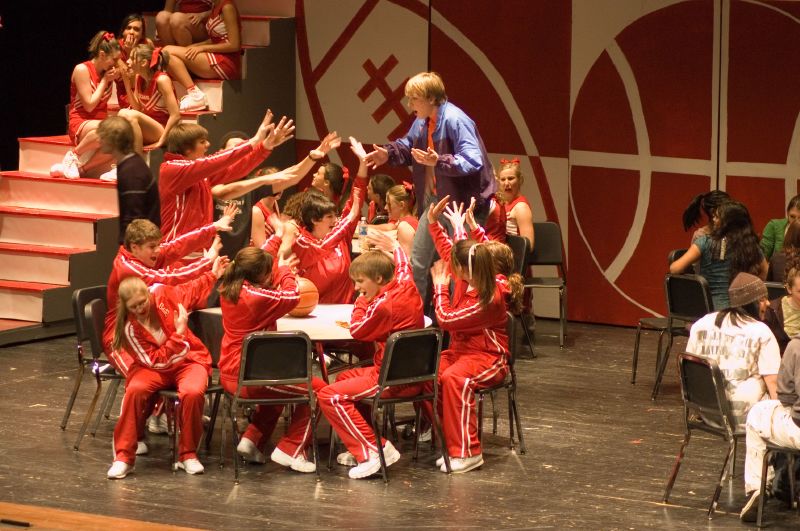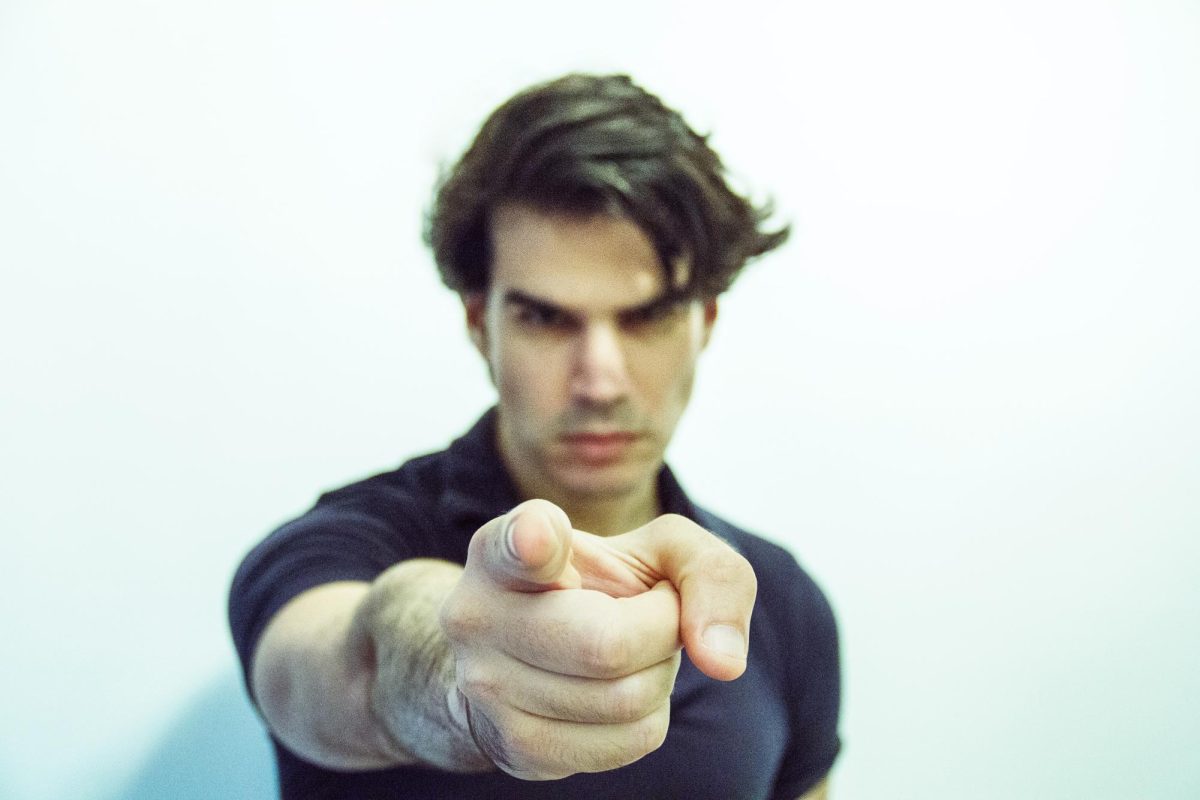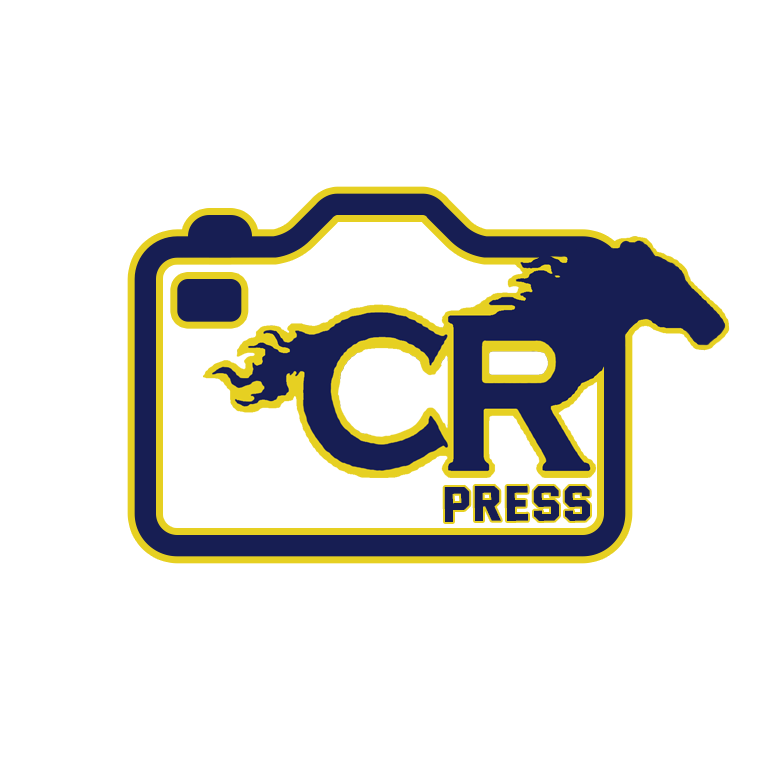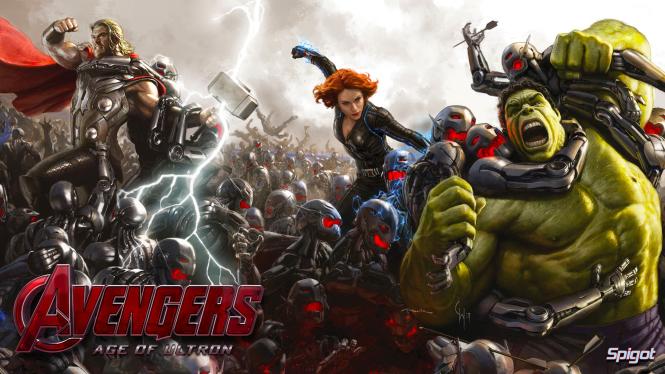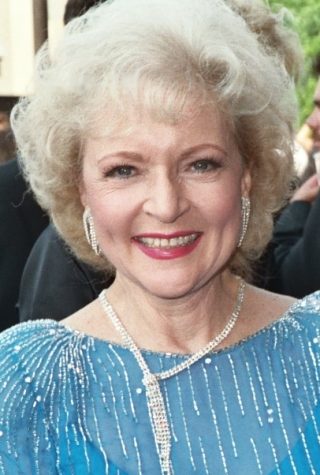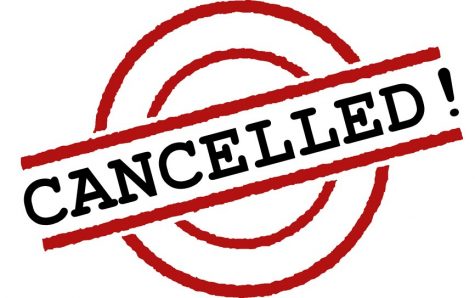Review for Marvel’s “Avengers: Age of Ultron”
Avengers: Age of Ultron! It’s here! It’s new! It’s action! It’s adventure! It’s excitement! It’s mediocre! It’s Marvel! It’s phase 2! It’s superheroes! It’s loud noises! It’s finally here!
It’s boring and recycled, for the majority of its run time.
Despite currently breaking every record in every book on every subject ever written, there is no new life in the latest Marvel installment. It’s a rehash of tired clichés and copy-paste action sequences alongside the most mundane superhero finale in a decade. Yes, hard as it is to believe, Fantastic Four was released only ten years ago. To its credit, the second Avengers entertained throughout the very center of its run time, but, unfortunately, the film was quick to dismiss the almost-deep half hour. So be it. Back to the trite.
Age of Ultron centers around a force Tony Stark creates to protect the world from evil. The plot is akin to the second Captain America film, though this time there is at least twice, thrice, as much talk of global terrorism for your hard-earned dollars. Aside from appearances of Elizabeth Olsen, Aaron Taylor-Johnson, and James Spader as the voice of Ultron, the usual actors resume their roles. Robert Downey Jr., Chris Evans, Chris Hemsworth, and so on. As per the usual, there are no major emotions or motivations in Age of Ultron. The feelings of major protagonists and antagonists are ruled almost entirely for the purpose of advancing the plot. So it goes.
Let’s take a quick glance at history. There are nine Marvel movies in the recent decade, each focusing on one element of the Avengers. Focusing on the now-household names of Iron Man, Thor, the Hulk, and Captain America, Marvel Studios has had adequate time to thoroughly develop the key players in its “Cinematic Universe.”
Between nine movies, consistent characters should have been built, ideals should have been defined, put to the test, maybe even reshaped and put forth again for another test. Mortality should have been questioned, not in exception in, but especially by the Universe’s God character, Thor. Questions of justice should have been solved by this point, character motivation and reasoning should be guided by laser focus. There were nine movies to dig as deep as possible into the psyches of each Avenger. Then why, why?, are the main heroes of the biggest motion picture of the century (financially) still bickering to each other like children arguing about who the best and most powerful Avenger is?
Why? Because that’s the audience for these goldmines: children, teenagers, anyone who still tears rabidly into debates about the possibilities and probabilities of Iron Man besting the Hulk in a 1v1 grudge match. These are the boys and girls Marvel panders to proudly, knowing that the fate of billions, billions!, of dollars ride on these youngsters buying a ticket to the next and same installment of their blockbuster franchise.
As long as Marvel focuses solely on these fans, depth will never be established as a virtue in their Universe. Because growth—of characters, antagonists, plot, ideals—is a characteristic of grown-ups, a type of moviegoer Marvel doesn’t want to associate with, simply because it doesn’t need to.
This is a pity, too. I would love to see a fully-formed superhero movie on the big screen—a superhero movie where the hero asks questions not just for the sake of the plot, but to develop as a human being. Marvel’s superheroes are not human beings. Nor are their villains, for that matter. They are children, dressed in silly costumes, flying around the screen to delight the children in the audience without bothering to provide the depth or substance an adult needs in his cinema.
Fine, this decision by the money-motivated marketers is fine by me. I just wish I could see the stellar production values Marvel’s name is synonymous with merge with the values of great storytelling. Until this merger, Marvel films will continue to be for fans of comic books and superheroes, not fans of intelligent, thought-provoking cinema. It is no more, no less than a simple disappointment.
Despite the utter lack of character development, the film does come alive an hour in, seeming genuinely concerned about the challenges its heroes face for about twenty minutes. After this brief interest in story and conflict, it degenerates into chaotic action, leaping to an unintentionally hilarious and implausible crescendo of a final act. It ends with more promise of change and refreshment, though I seriously have my doubts.
In addition to the hopeful bit at the center, the film benefits from the ominous voice work of James Spader as the film’s main villain. These are the high notes, and although far and few between, they do lend Age of Ultron a significant dose of goodwill.
Not an exciting adventure nor a disastrous bore, Avengers: Age of Ultron plays on the screen like a trailer, quickly jumping from one problem to the next, one action which wears our heroes down, one piece of dialogue which predictably carries them to victory. Not a terrible film in its own right, but only just approaching “entertaining.”
5/10.
Your donation will support the student journalists of Cypress Ranch High School. Your contribution will allow us to purchase equipment and cover our annual website hosting costs.



